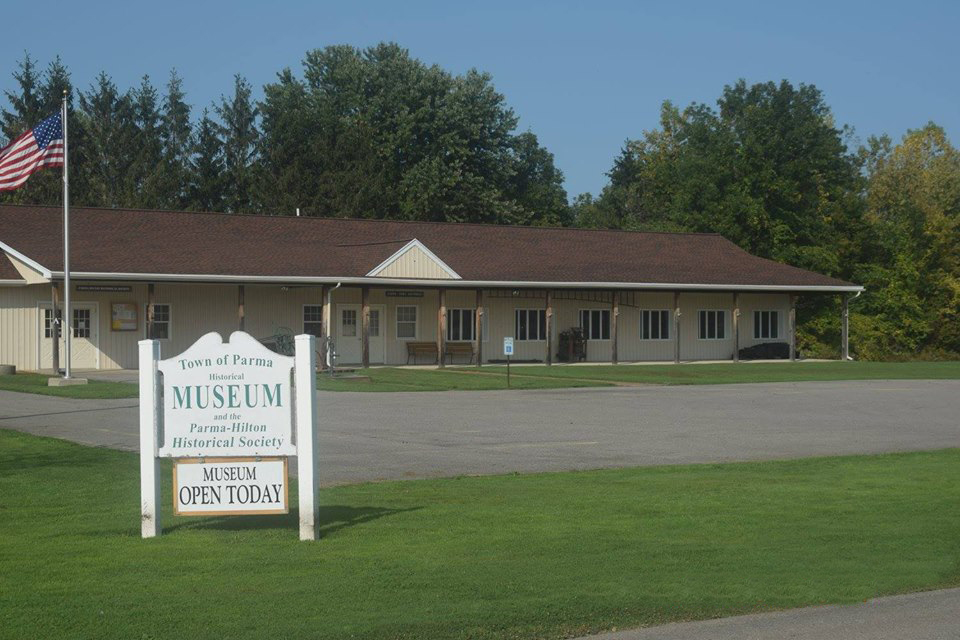FASNY urges NYers to replace old smoke alarms
New 10-year Smoke Alarm Law takes effect on April 1
Daylight Savings Time begins on March 10, signaling the unofficial start of spring. The Firemen’s Association of the State of New York (FASNY) is urging New Yorkers to replace all aging, removeable battery-powered smoke alarms with newer models while testing any other units currently in use to ensure they are in working order. Any smoke alarm over 10 years of age should be replaced, as the sensors begin to decay after a decade of use.
FASNY specifically encourages New Yorkers to install smoke alarms equipped with sealed-in, non-removable batteries that last for 10 years. These alarms do not require any battery changes during their lifespan and are nearly impossible to disable. Beginning on April 1, 2019, this will be the only type of battery-powered smoke alarm permitted to be sold in New York, the result of legislation universally supported by the State’s fire service and signed into law by Governor Andrew Cuomo in December of 2015.
According to the National Fire Protection Association (NFPA), three of every five home fire deaths occur in homes without smoke alarms or working smoke alarms. Firefighters frequently encounter smoke alarms with missing or dead batteries, meaning these homes are defenseless against fire. The beginning of Daylight Savings Time is an excellent opportunity for residents and homeowners to update their fire protection technologies. FASNY also encourages the installation of home fire sprinklers, which dramatically reduce civilian fire deaths and injuries, as well as protecting the responding firefighters.
Most fatal fires happen between midnight and 8 a.m. and it takes only a few moments for fire to spread through a house. Occupants of a burning home may only have minutes to escape before being overcome by the smoke and flames. Working smoke alarms help ensure that people are awakened and able to take advantage of those precious minutes. Furthermore, NFPA research shows the presence of fire sprinklers lowers the civilian death rate by 81 percent, and the firefighter injury rate by nearly 80 percent.
Though it is only March, New York State has already experienced many tragic, civilian fire deaths this year. According to the US Fire Administration (as of March 5), there have been 34 home fire deaths in New York since the beginning of 2019. This leads the nation by a significant margin, with eight more than Pennsylvania, the state with the second-most number of deaths.
Smoke Alarm Tips from the NFPA and FASNY
•Install a smoke alarm on every level of your home, in each bedroom, and near all sleeping areas.
•Test smoke alarms monthly to make sure they’re working. Replace smoke alarms that are more than 10 years old.
•Interconnect your smoke alarms so that when one smoke alarm sounds, they all do.
•If you have an alarm with a removable battery, be sure to check the batteries every six months, and change the batteries every year. If a battery is starting to lose its power, the unit will usually chirp to warn you. Do not disable the unit.
•Vacuum or blow out any dust that might have accumulated in the unit.
•Never borrow a battery from an alarm to use somewhere else.
•Never paint a smoke or CO alarm.
•Smoke alarms should not be installed near a window because drafts could interfere with their operation.
•Families should also develop and practice a home fire escape plan.
•Always follow the manufacturer’s instructions for testing smoke alarms and replacing the batteries.
For more information visit www.NFPA.org.
Provided information




